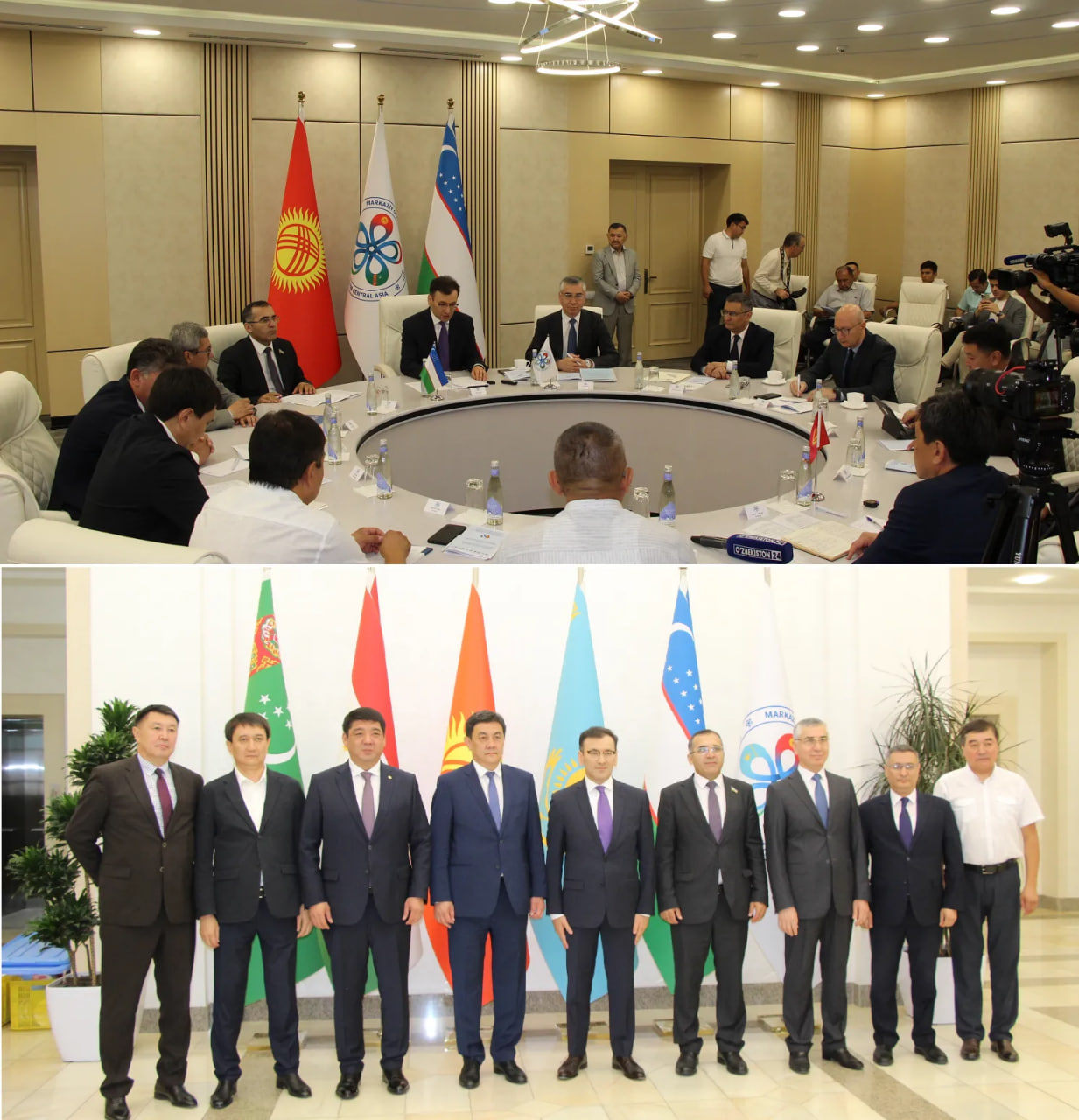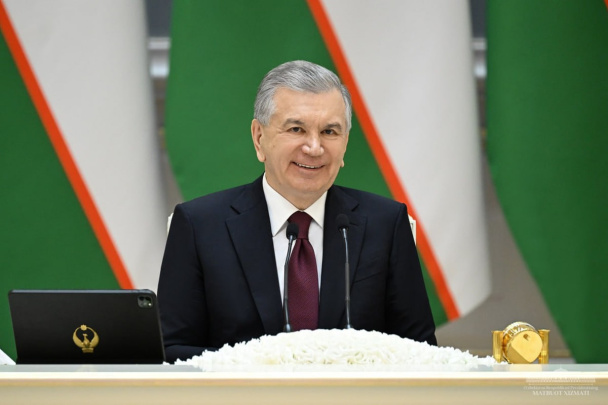The conference was organized in accordance with the "Plan of Joint Activities for 2024-2025" signed on June 11 between the leaders of IICA and the National Institute of Strategic Initiatives under the President of Kyrgyzstan (NISI) in Bishkek.
The forum was attended by representatives of NISI and leading analytical centers, parliament, ministries, and departments of Uzbekistan, including the Oliy Majlis, Ministry of Foreign Affairs, Institute for Strategic and Regional Studies under the President of Uzbekistan, Center for Economic Research and Reforms under the Presidential Administration, Institute of Forecasting and Macroeconomic Research, Ministry of Transport, Institute of Oriental Studies of the Academy of Sciences, Scientific-Information Center of the Interstate Coordination Water Management Commission of Central Asia, Committee on Interethnic Relations and Friendly Ties with Foreign Countries under the Cabinet of Ministers, Kyrgyz National Center, and the administrations of Andijan, Fergana, and Jizzakh regions.
Opening the conference, IICA Director Javlon Vakhabov emphasized that the rapid reset of bilateral relations and the resolution of numerous contradictions since March 2021, when President Sadyr Japarov made his first state visit to Uzbekistan, was possible solely due to the political will of the leaders of the two countries. They were able to overcome past stereotypes of relationships, find mutually beneficial compromises, and ensure the clear implementation of reached agreements.
It was noted that the result of these joint efforts was the resolution of the border issue. The signing of the Border Treaty in such a short time since the leaders' meeting in Tashkent in 2021 and its almost simultaneous ratification by the parliaments in 2022 predetermined the further development and deepening of Uzbek-Kyrgyz relations.
Attention was drawn to the importance of further promoting regional cooperation, including enhancing the effectiveness of Consultative Meetings of Heads of State and interaction in the "CA+" formats.
It was emphasized that the implementation of the flagship project to build the China-Kyrgyzstan-Uzbekistan railway could have a profoundly transformative impact on the entire transport system and geopolitics across the vast expanse of Eurasia.
Another priority of regional significance mentioned was the construction of the Kambar-Ata-1 Hydropower Plant. As Javlon Vakhabov noted, the implementation of this first trilateral mega-project in the modern history of Central Asia with Kazakhstan will create a solid foundation for the sustainable development of our countries and give a powerful impetus to the development of bilateral cooperation, serving as an example of mutually beneficial and sustainable resolution of water and energy problems in the region.
NISI Director Sanjar Mukanbetov highlighted the great significance of unique bilateral institutional mechanisms and forms of economic interaction, including the Business Council, the Uzbek-Kyrgyz Development Fund, the Council of Heads of Border Regions, and interregional business forums in border regions.
He confidently stated that thanks to these and other mechanisms, our countries will soon be able to increase bilateral trade to $2 billion.
According to the NISI Director, the smooth passage through established border checkpoints, including the use of ID cards, and the increase in the number of flights between cities of the two countries have contributed to the activation of tourist exchanges: only in 2023, 1.5 million Kyrgyz citizens visited Uzbekistan, while 3 million Uzbek citizens visited Kyrgyzstan.
The Ambassador of Kyrgyzstan to Uzbekistan, Musa Dzhumanbayev, emphasized the importance of the role of analytical centers in Central Asia in strengthening the image and authority of the region.
He noted that the joint construction of the Kambar-Ata-1 Hydropower Plant and the China-Kyrgyzstan-Uzbekistan railway will create a solid foundation for the sustainable development of our countries and give a powerful impetus to the development of bilateral cooperation, opening the way for our countries to access global markets.
The Kyrgyz diplomat expressed hope that "the established comprehensive strategic partnership between our countries will soon be elevated to the level of allied relations. We have all the necessary prerequisites for this."






